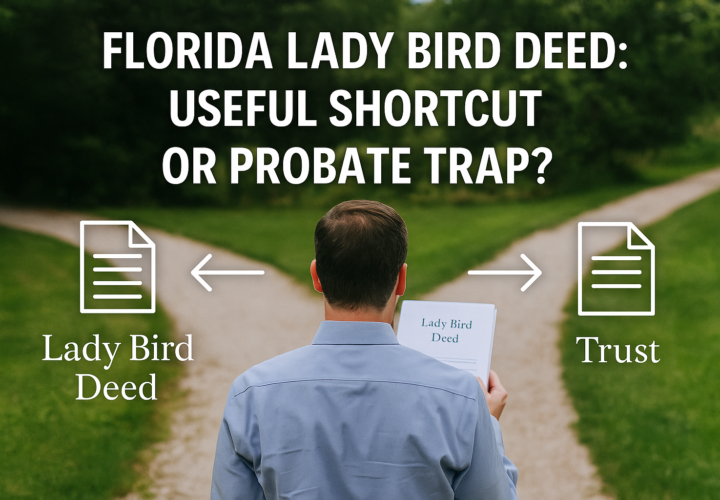 One of the most important benefits to parents in estate planning is it allows them to name who their children would go to if they were to pass away.
One of the most important benefits to parents in estate planning is it allows them to name who their children would go to if they were to pass away.
Who will be Appointed
Without a proper designation, the court will have no guidance from the parents in naming a guardian. After the parents, the court must give priority to blood relations. But that could leave any number of individuals with equal priority leading to disputes among the relatives. Also, if the children inherit significant property, a prospective guardian could have ulterior motives for seeking to gain control of the children’s property.
Designating a Guardian
Courts are limited in what they can consider in choosing a guardian. The court will consider the wishes of the parents stated in a will and shall follow those expressed in a designation of preneed guardian. These are the only two ways a parent can have a say in the naming of their children’s guardian. You may notice that the preneed designation is stronger. The court must follow this unless contrary to the best interest of the child. The court must only consider a will. The best way to ensure your wishes are followed is to name a guardian in your will and through a preneed designation.
Other Matters
There are some other matters you may wish to consider. You should, of course, discuss your choice with your chosen guardian. You should also consider discussing or leaving a letter explaining to others the reason for your choice and maybe a request that they remain involved with your children. This could help eliminate hard feelings and disputes about your choice.
Conclusion
We should hope for the best, but plan for the worst. If the worst happens, a little advance planning can ensure the situation is not more difficult for your children then it has to be.



